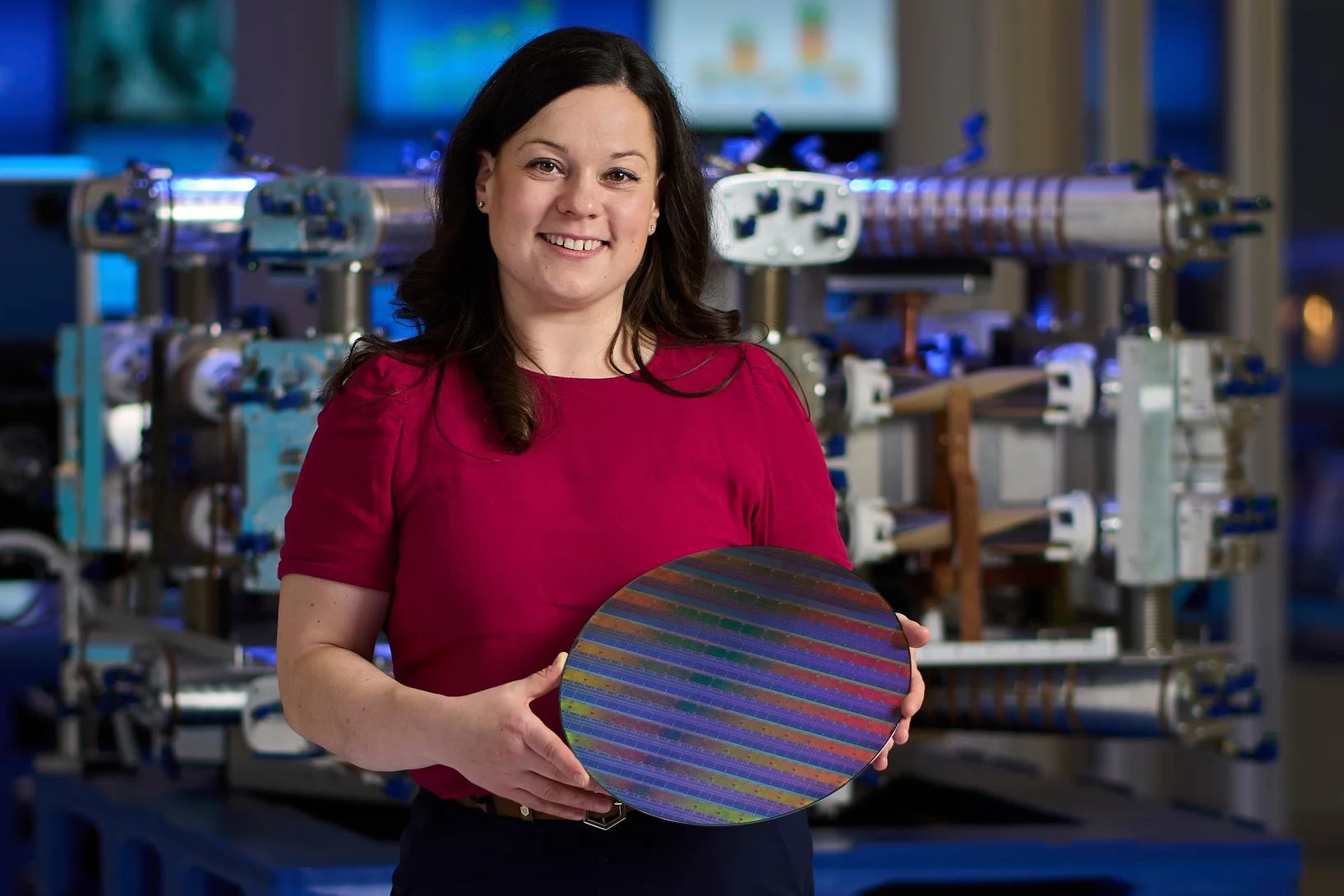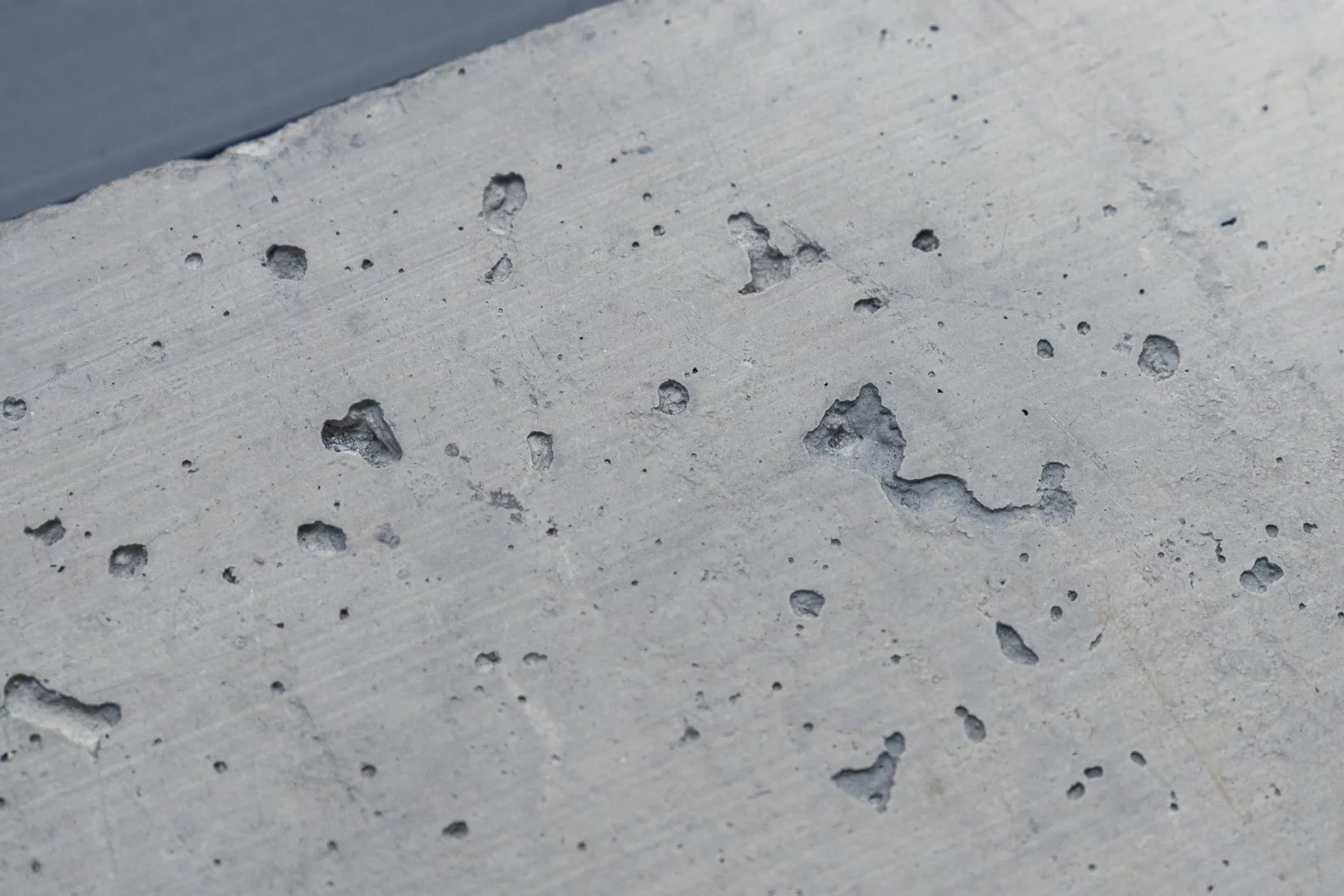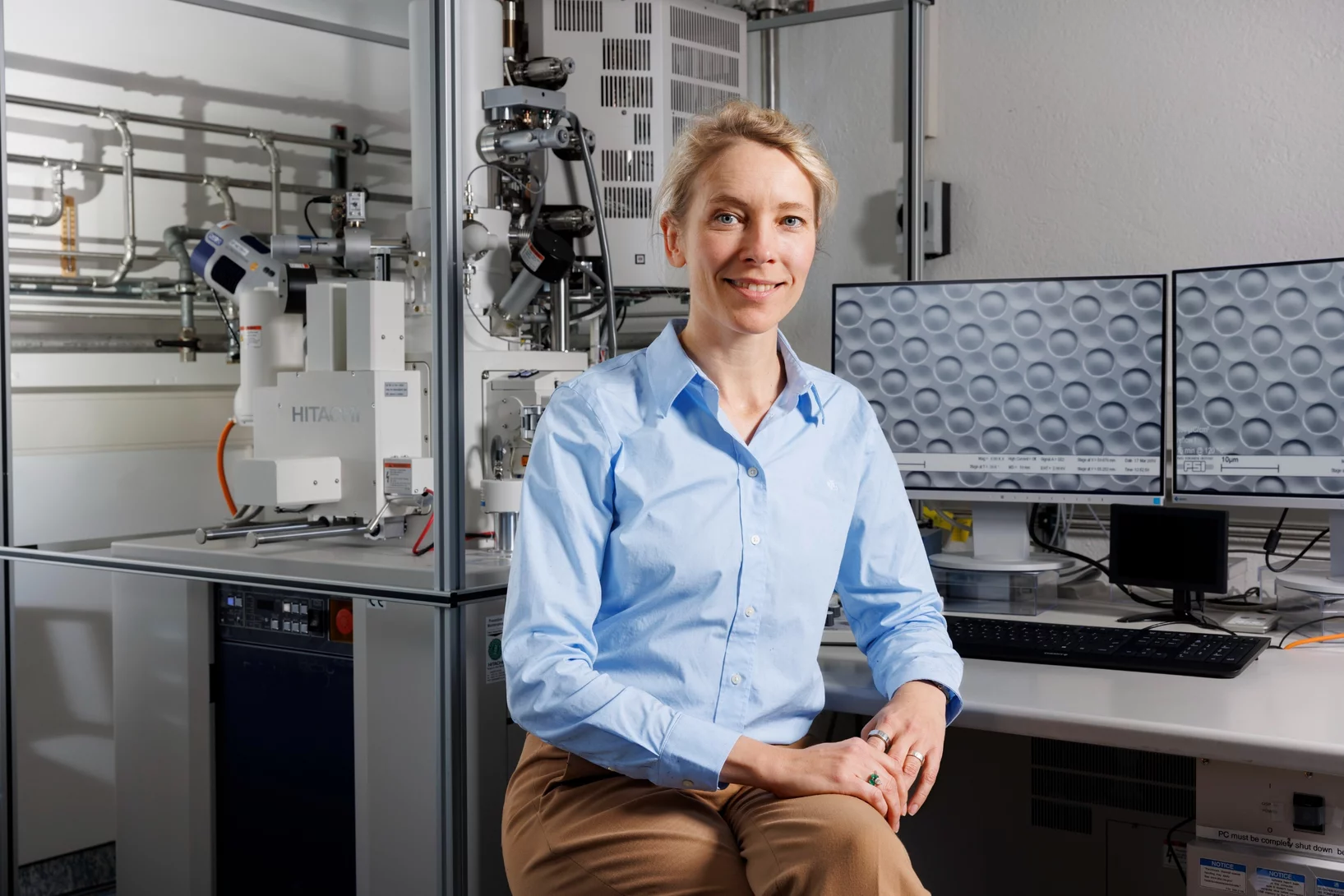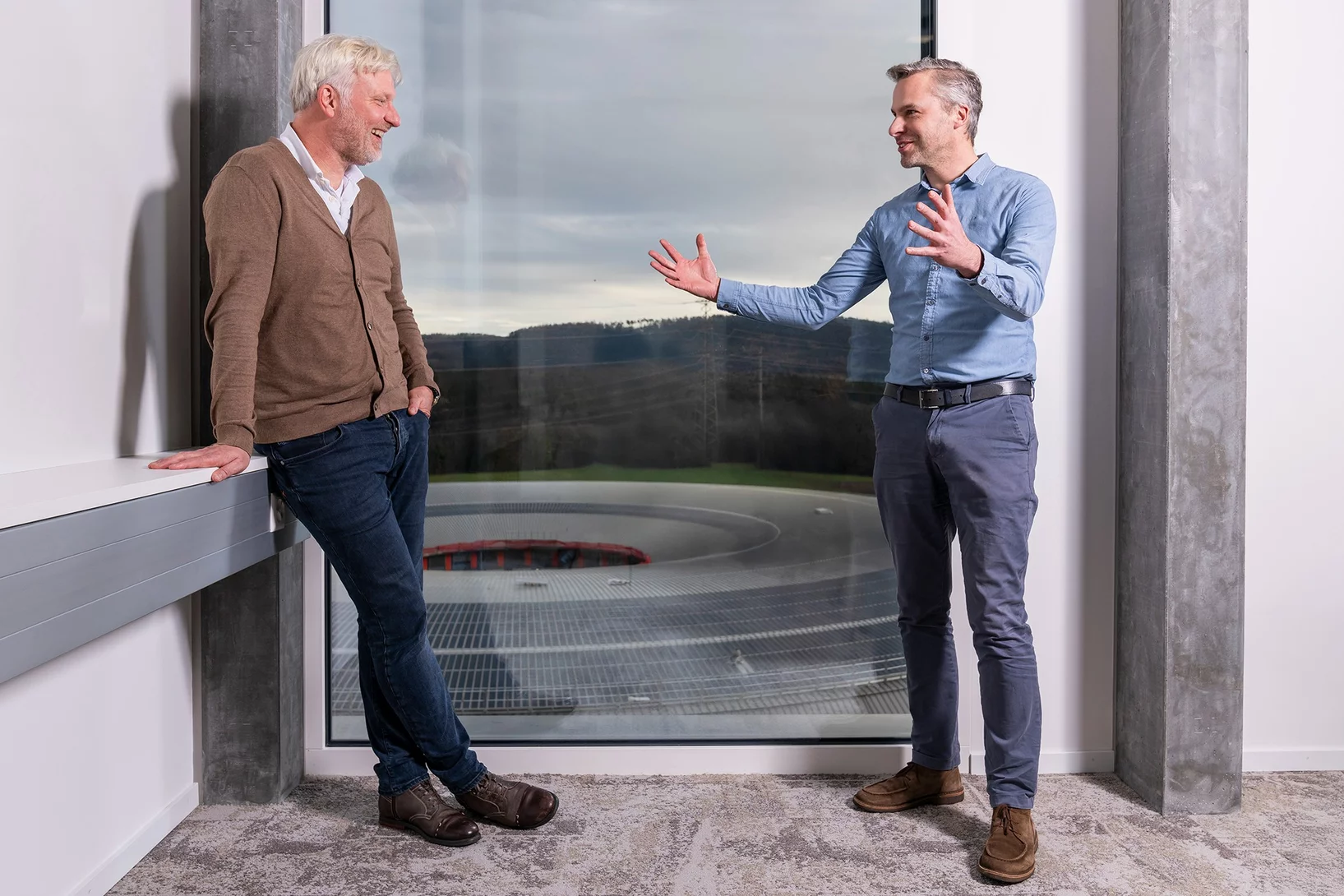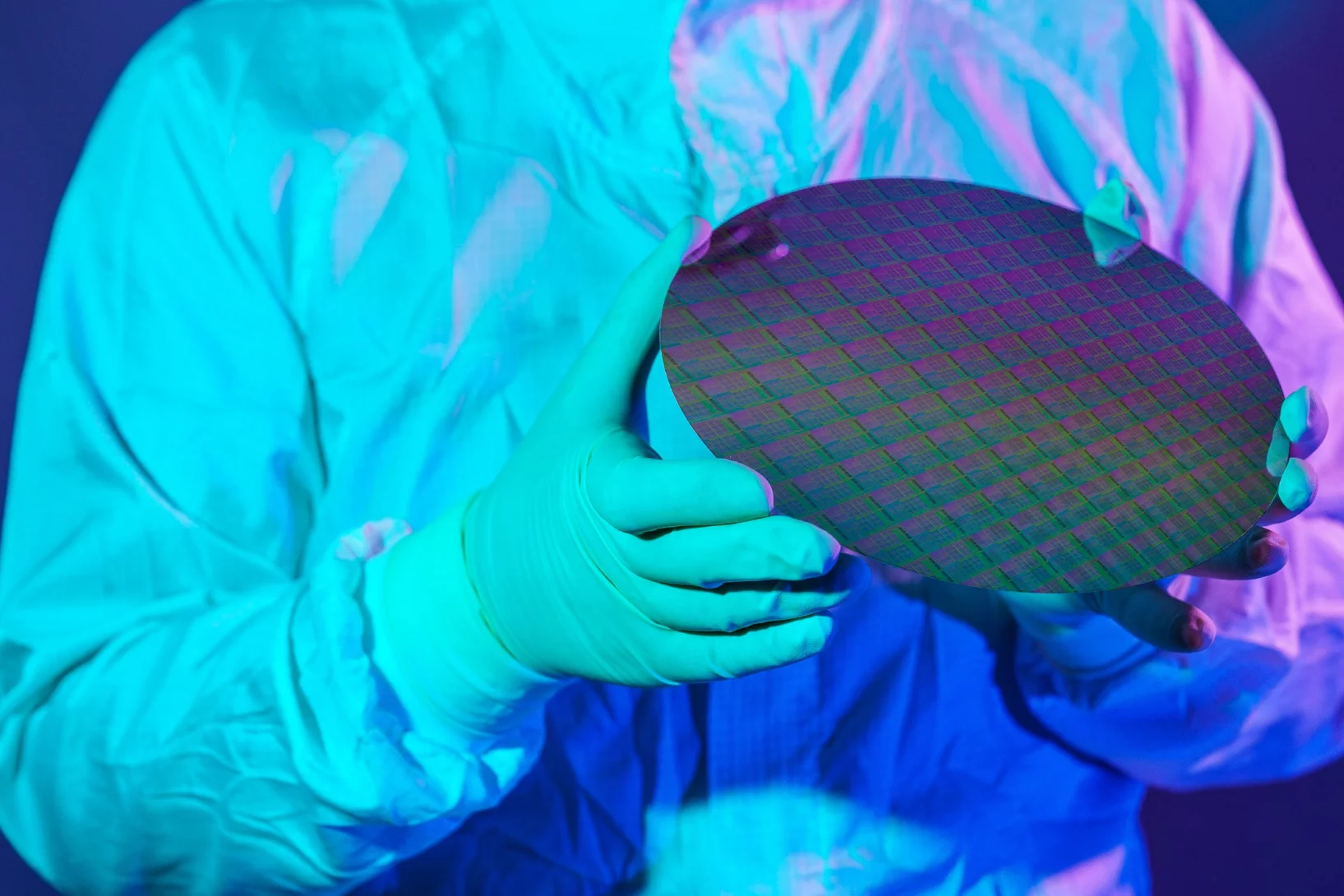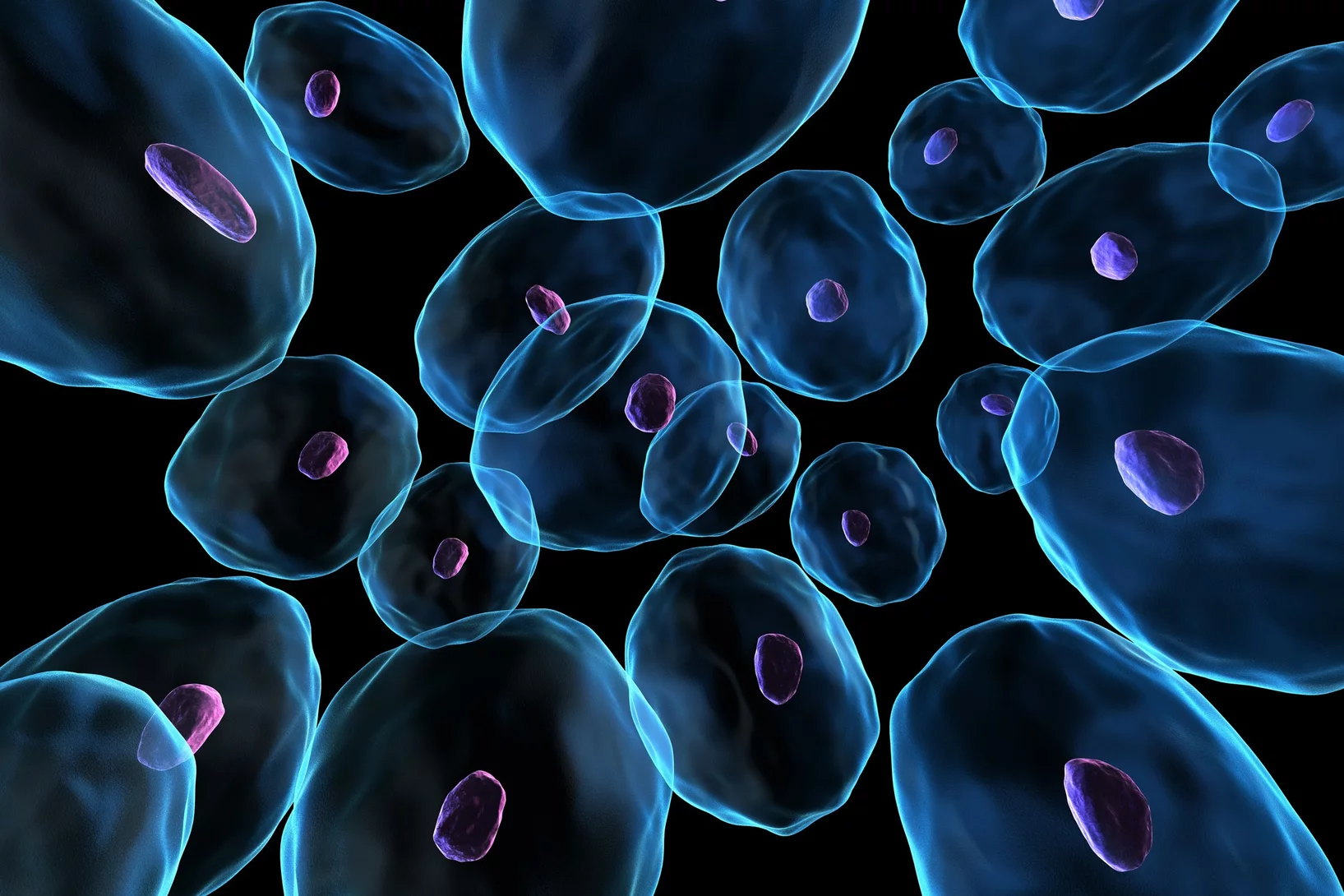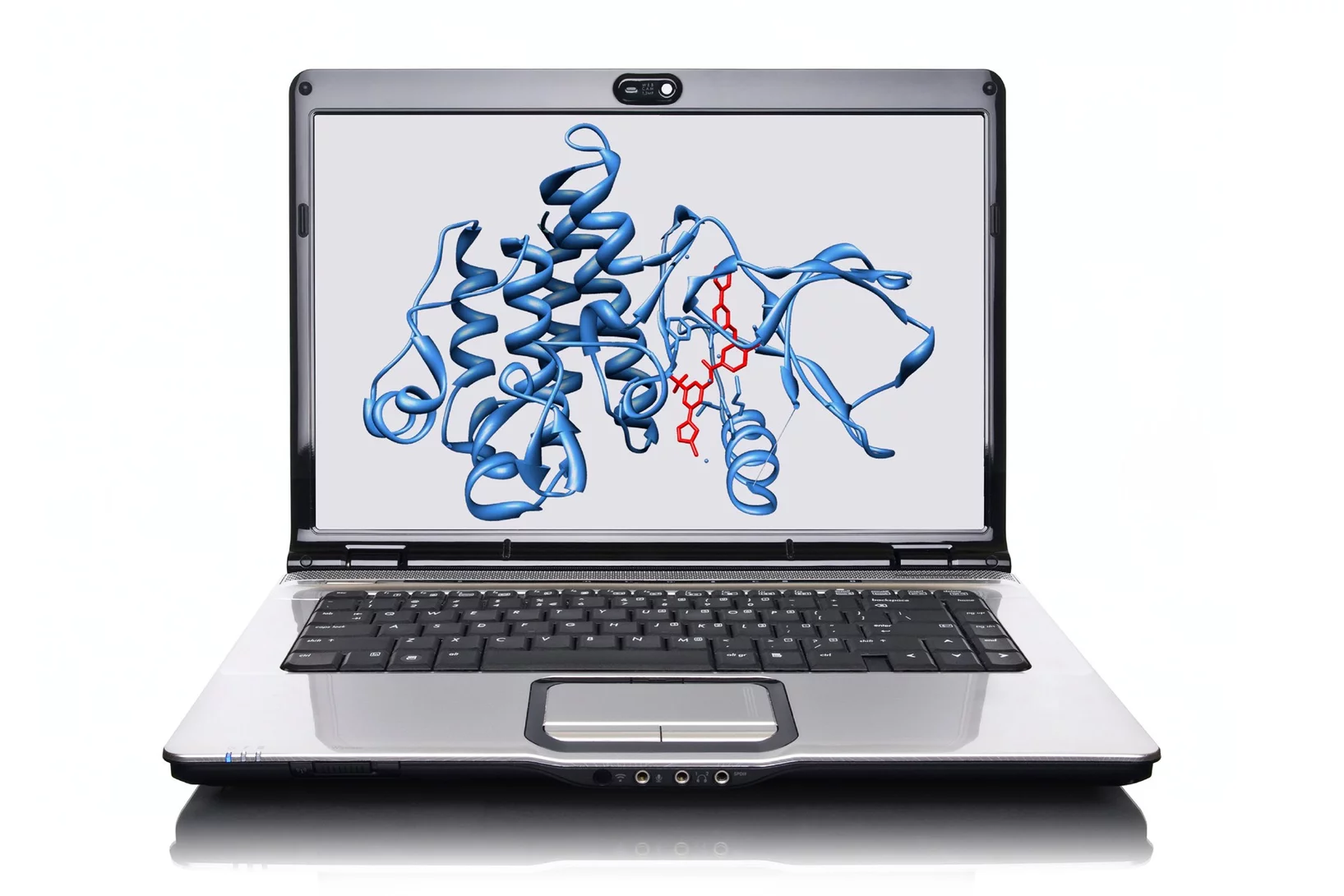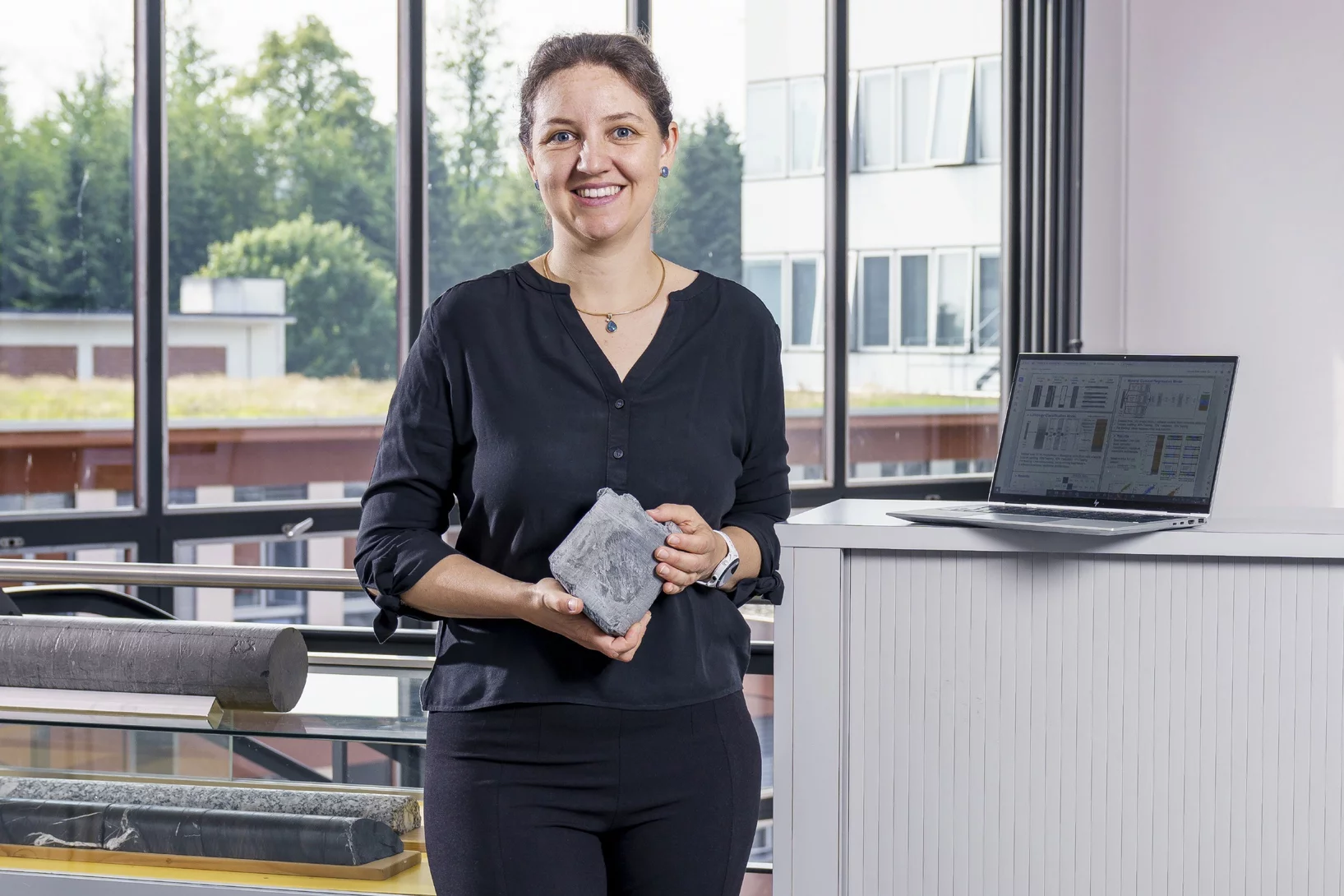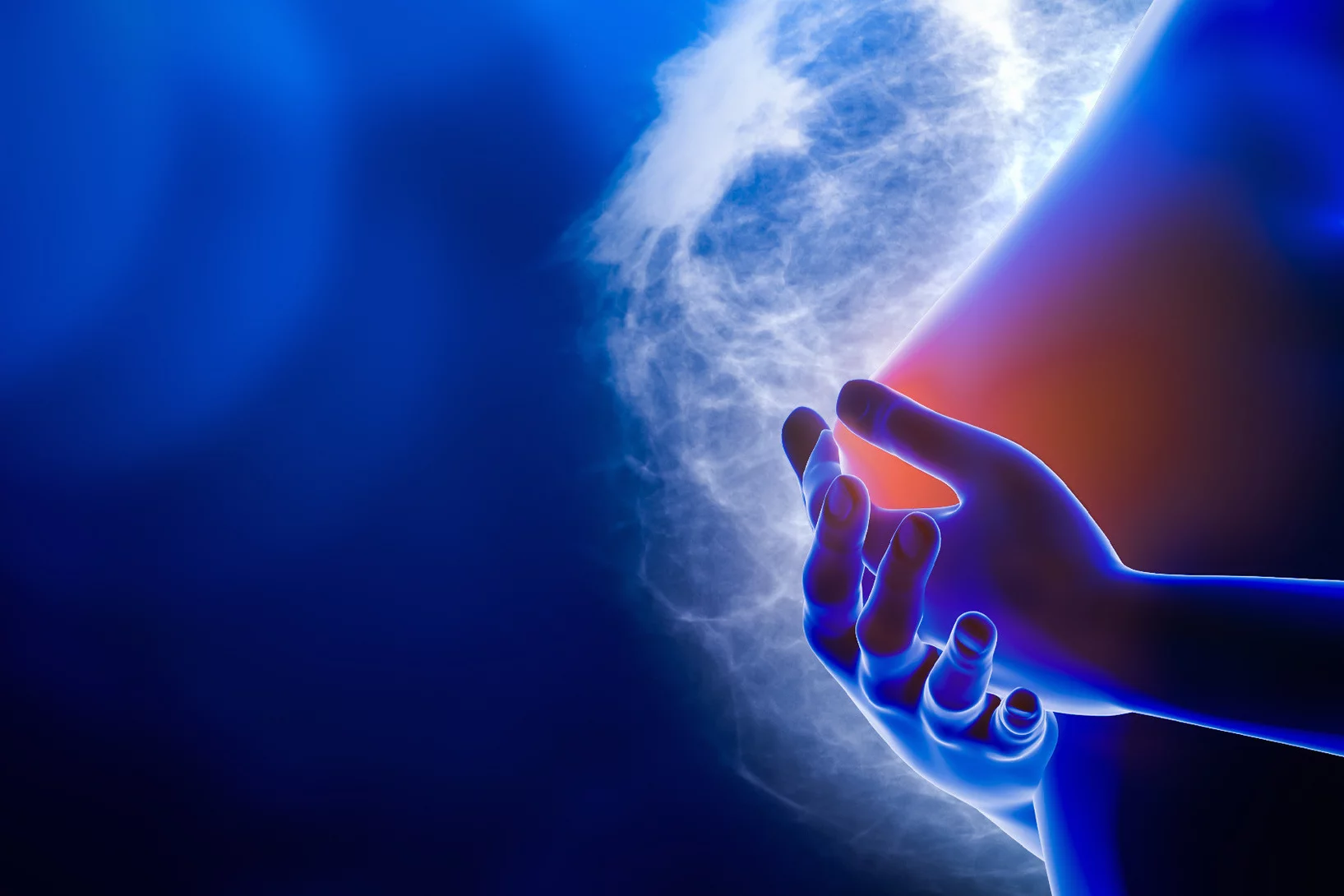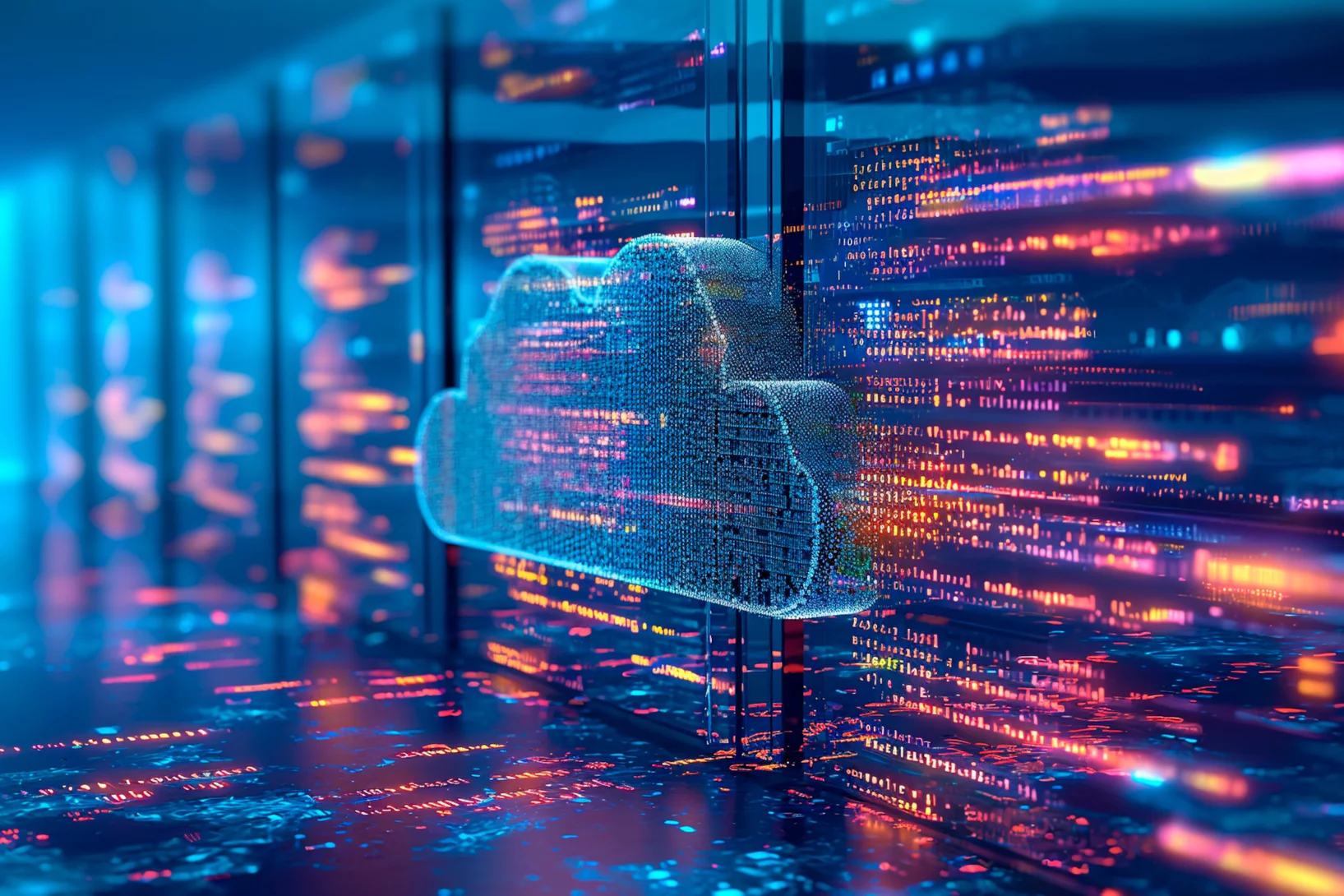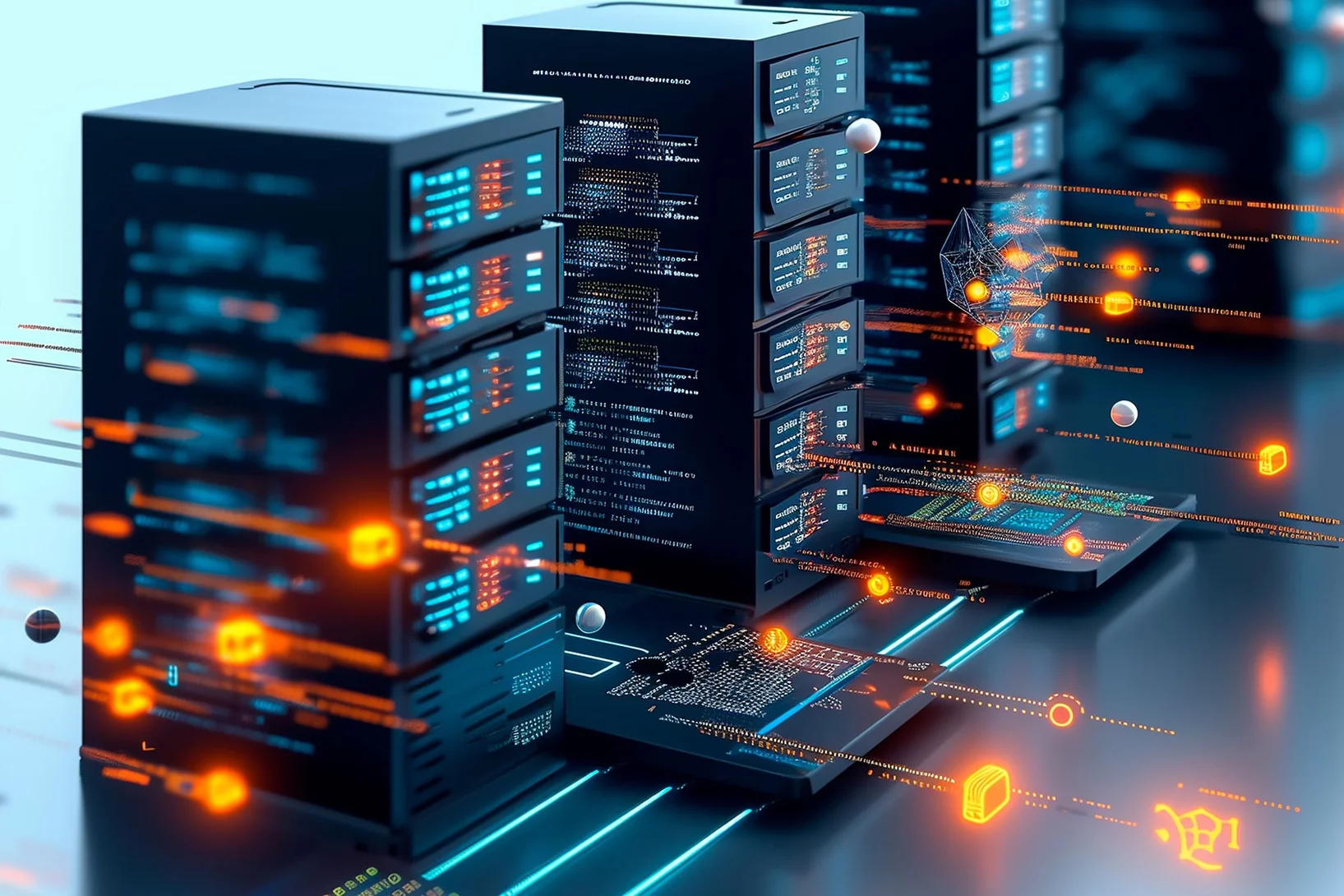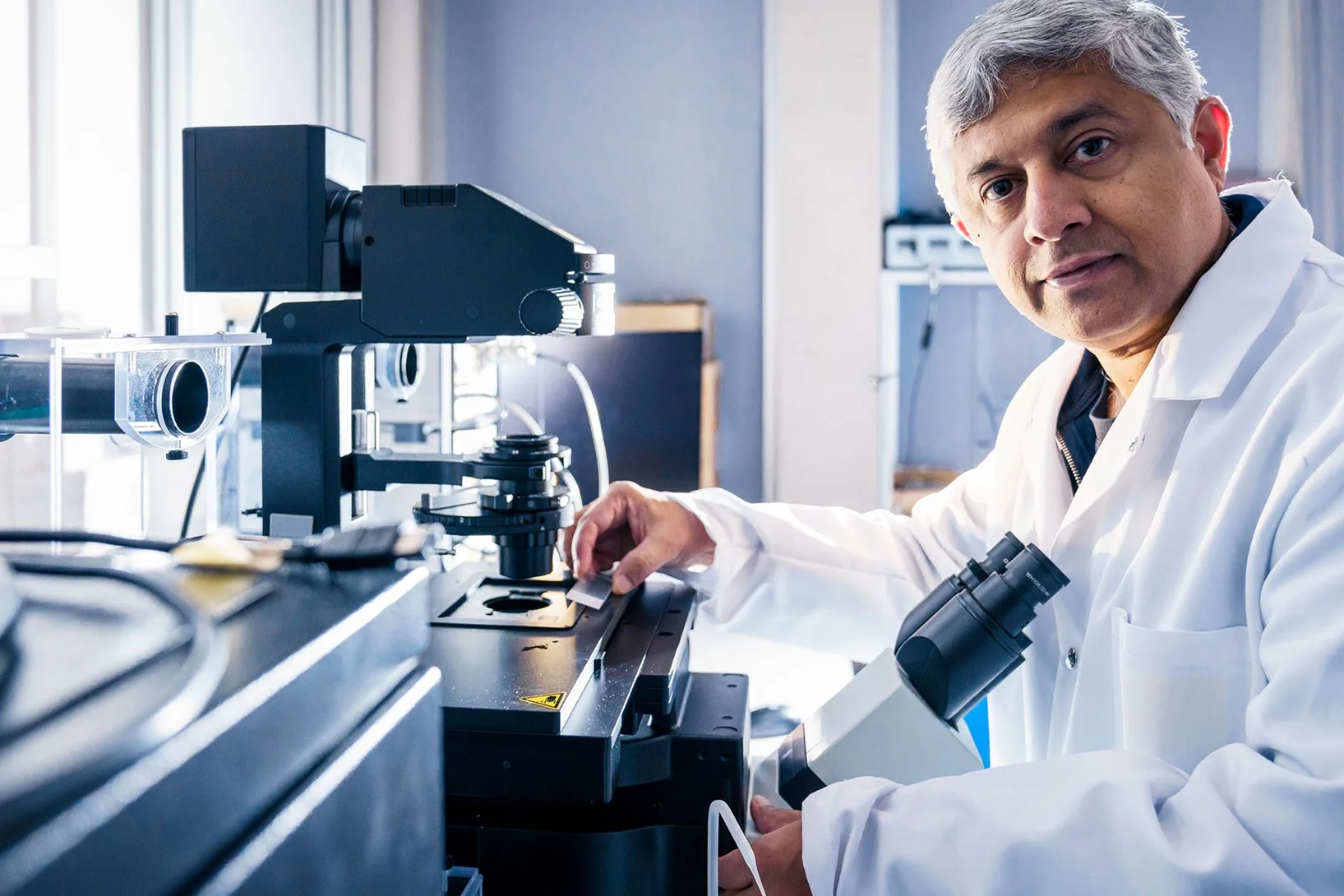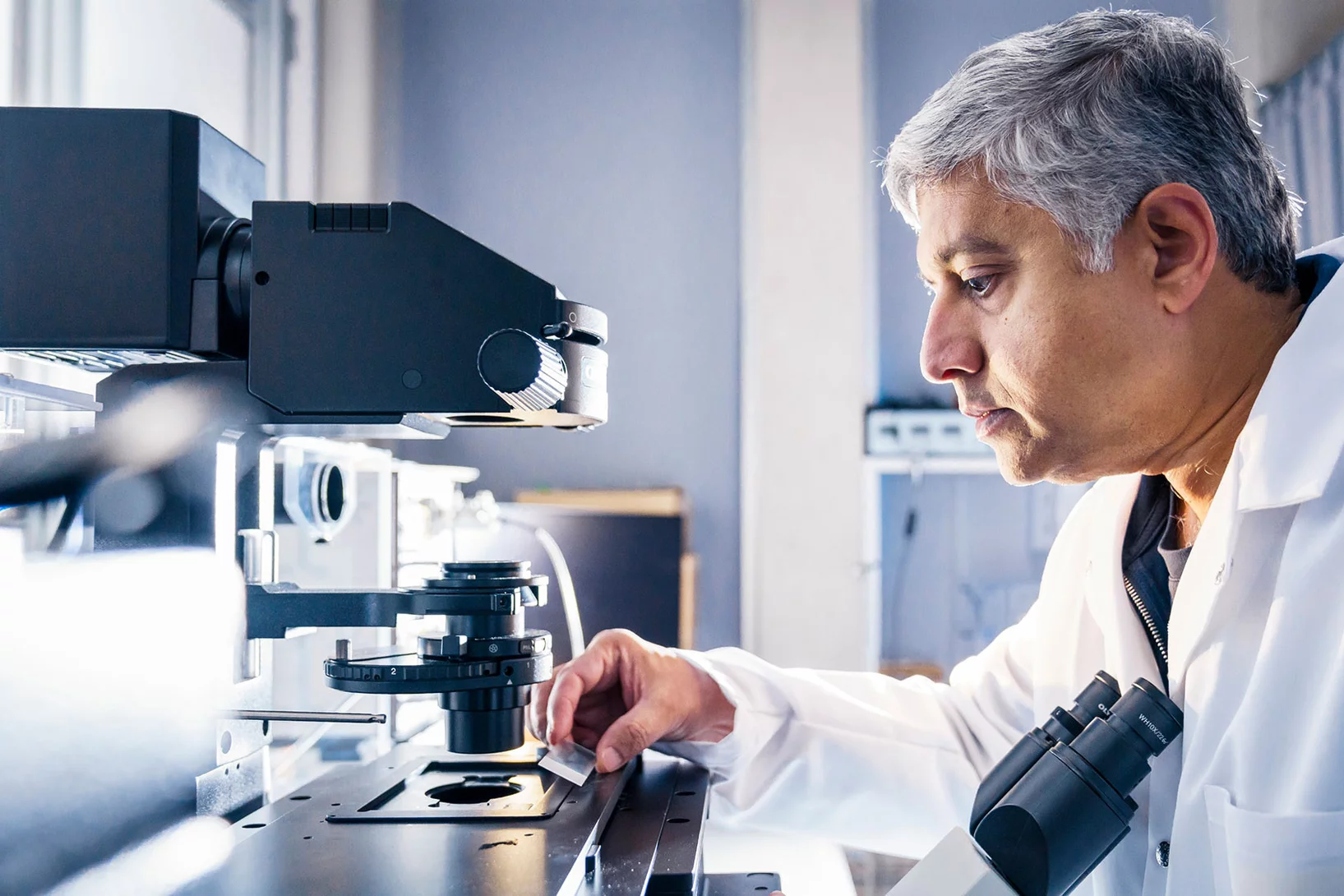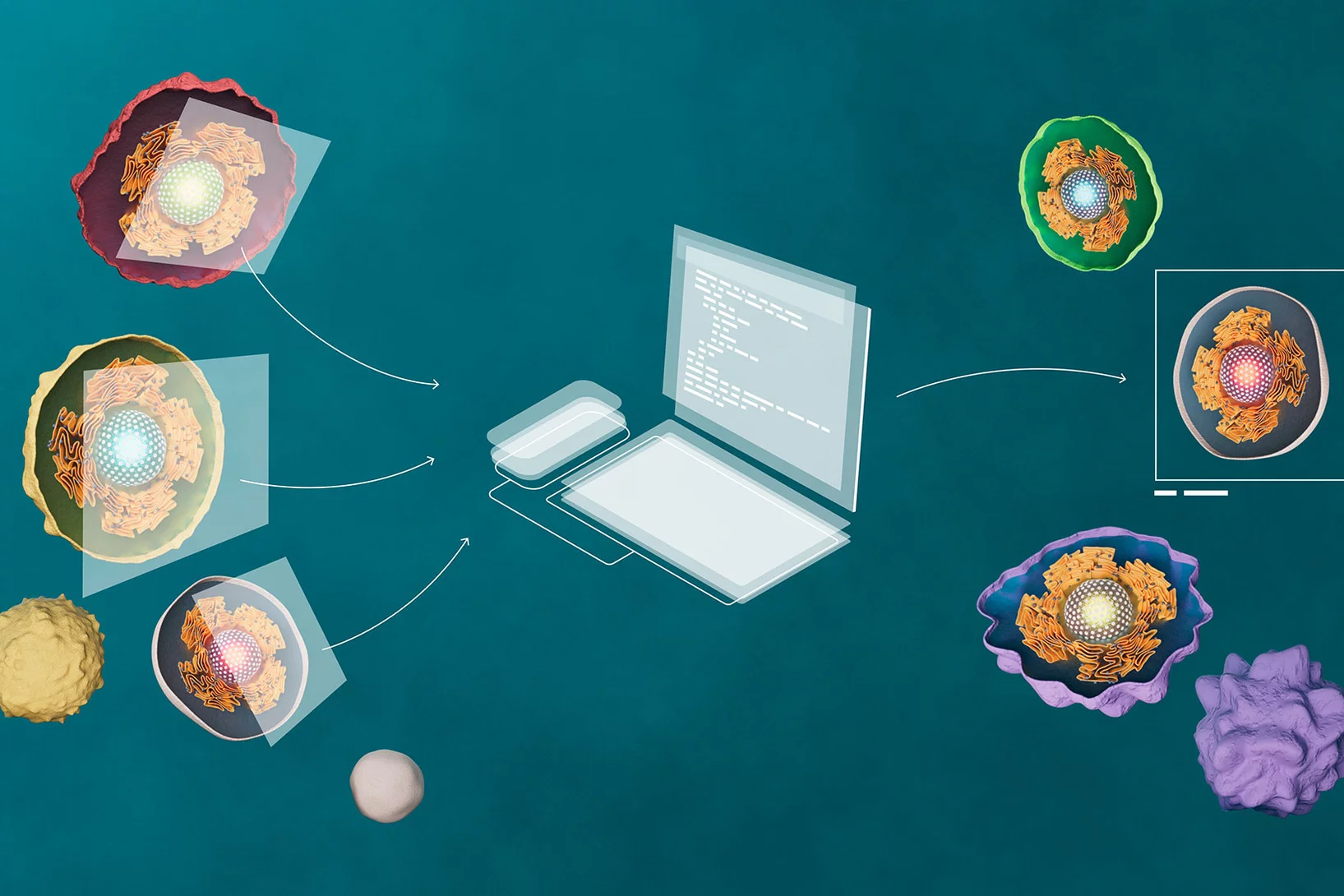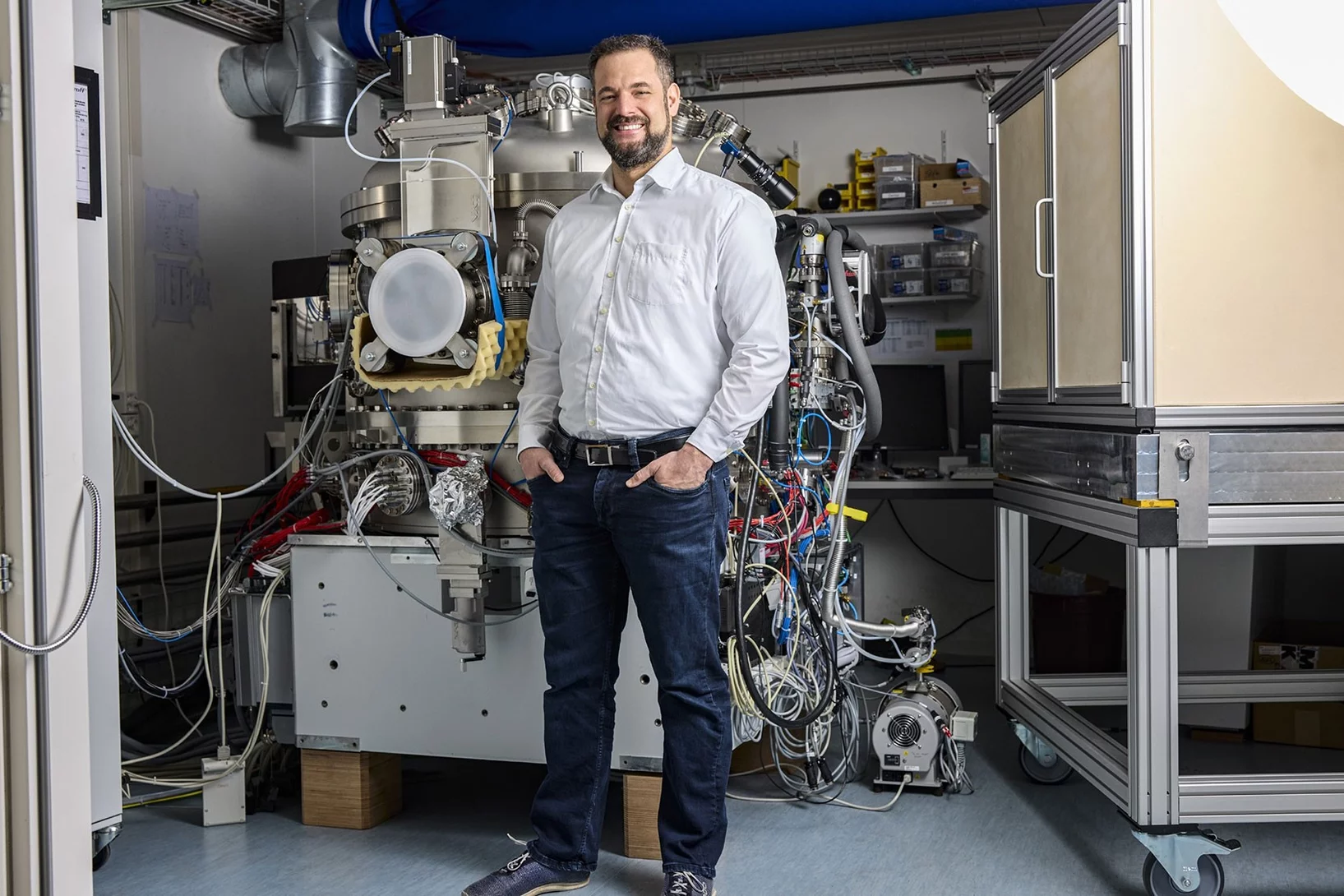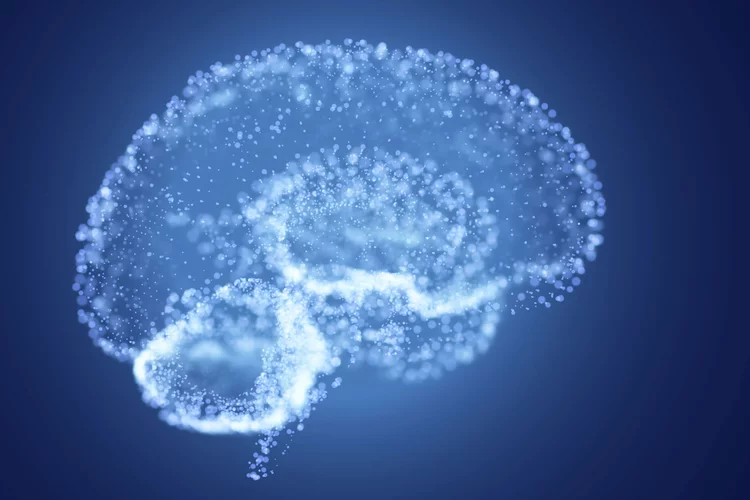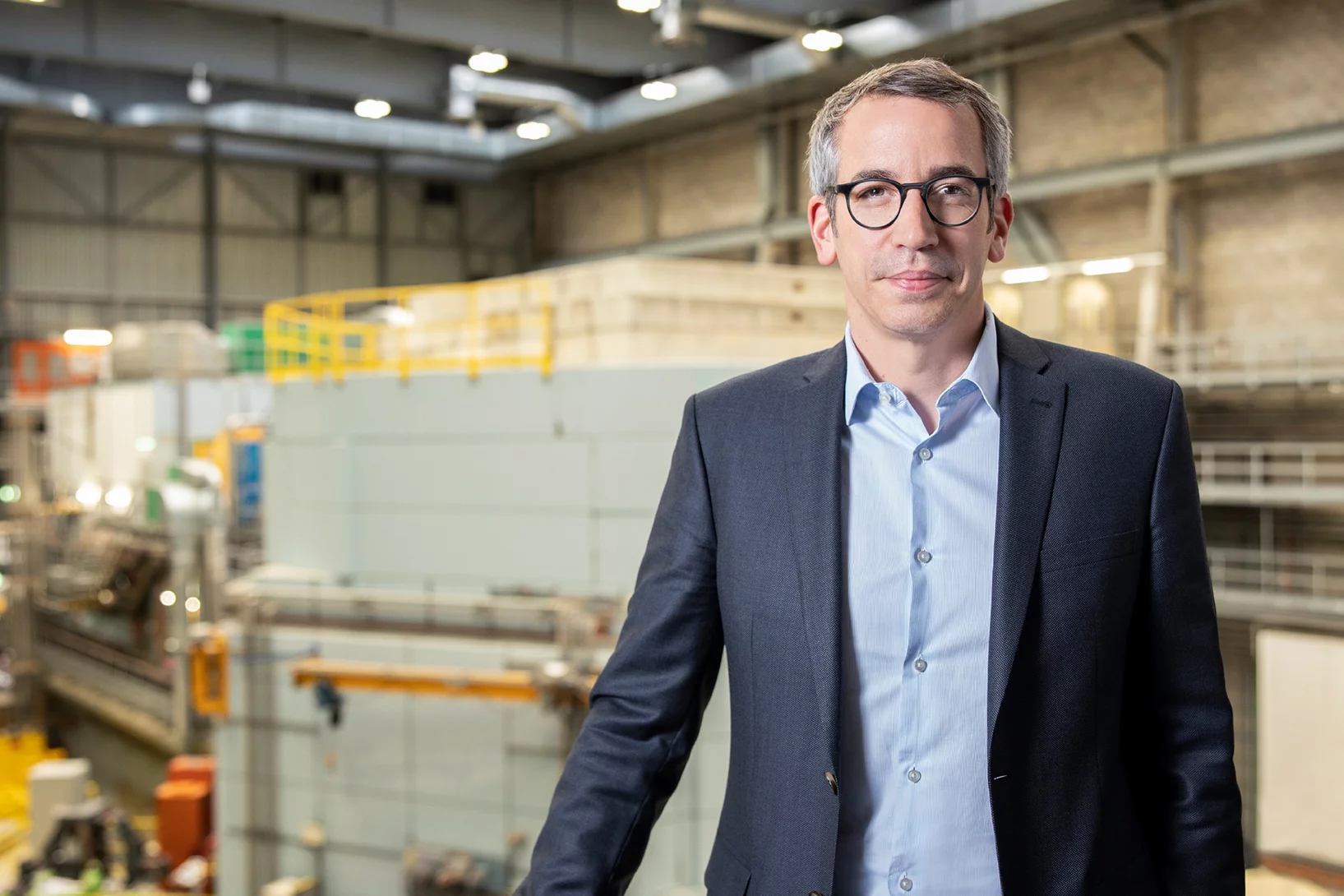Attorney for cutting-edge technology
Former PSI doctoral candidate Stephanie Smit now works as a patent attorney for a company that is among the most important in the world. That’s because this company builds machines that are worth a fortune and are highly sought after.
AI paves the way towards green cement
Researchers at PSI are using artificial intelligence to develop environmentally friendly formulations for cement.
Prestigious research grant for photonic networks
PSI researcher Kirsten Moselund has been awarded a major research grant from the European Research Council ERC.
Science meets industry – innovation with an impact
Hans Priem and Cees Maris of VDL ETG explain what advanced manufacturing means in industry and talk about their collaboration with PSI.
Faster, more precise, more reliable – the future of manufacturing
Advanced manufacturing means using state-of-the-art production methods. Researchers at PSI are helping to make techniques such as 3D printing more reliable and to advance the miniaturisation of high-performance chips.
Using AI to identify genetic perturbations from cell images
New AI identifies genetic perturbations in chromatin – a potential approach in diagnostics and drug development.
Unlocking the secrets of proteins
This year’s Nobel Prize in Chemistry goes to three researchers who have made a decisive contribution to cracking the code of proteins – important building blocks of life. However, developing applications from this knowledge, for example in medicine, requires research institutes such as PSI.
Artificial intelligence explores the underground
The properties of geological units are determined using images of drill cores.
Breast cancer classification using AI
Researchers at PSI and MIT are developing a new approach, which combines imaging and artificial intelligence to improve the staging of breast cancer.
Fundamentally different
Artificial intelligence is helping to evaluate an unimaginably vast amounts of data efficiently and exploit the facilities’ full potential for research.
A potential shortcut
Today, machine learning and artificial intelligence are part of the toolkit for most researchers at PSI. In many cases these methods are fundamentally transforming the way we do science.
Enabling early detection of cancer
PSI researchers develop a fundamentally new method for early detection of cancer.
Reprogramming tissue mechanically
Scientists at PSI have used mechanical stimuli to turn connective tissue cells into stem-cell-like cells and transplanted these into damaged skin tissue. This speeds up the regeneration of the skin and the healing of wounds.
Grasping diseases by the roots
PSI researchers take pictures of cell nuclei using modern high-resolution imaging techniques, employ learning algorithms to comb through these data, and thus can more reliably identify anomalies.
Deciphering the secrets of the brain
A place for cutting-edge research: PSI researchers to receive comprehensive funding from the US NIH for their brain research.
Imaging biomarkers for Alzheimer’s disease
Artificial intelligence pinpoints cells indicative of Alzheimer’s disease based on DNA packing in mouse brain images, shows study in Nature Communications
New research division at PSI points to the future of data
PSI is establishing a new research division: Scientific Computing, Theory, and Data.

